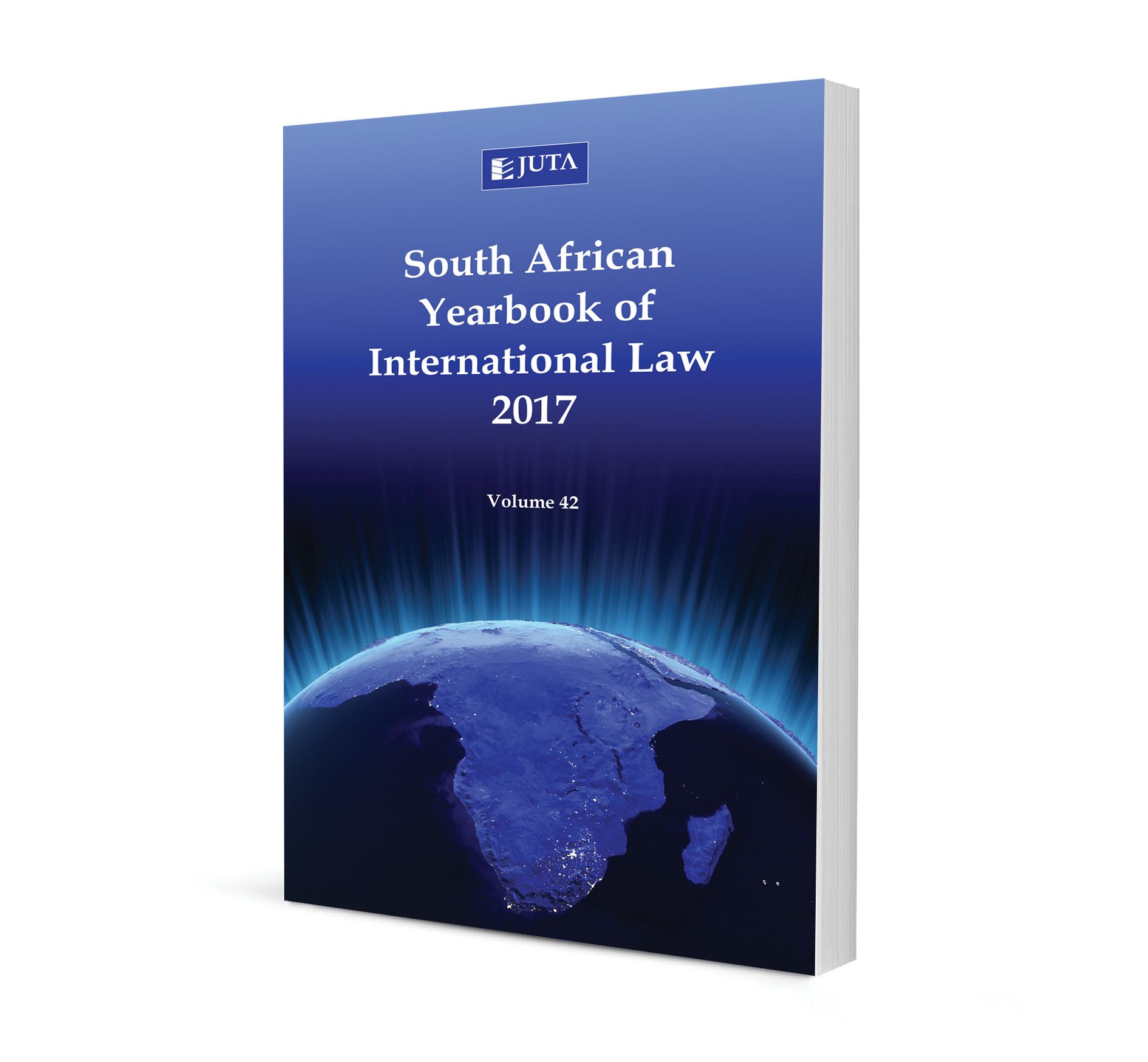
The Use of Citizenship and Nationality as Instruments of Control
Authors GM Ferreira, MP Ferreira-Snyman
ISSN: 2521-2583
Affiliations: Professor, Faculty of Law, North-West University (Potchefstroom Campus); Professor, School of Law, Unisa
Source: South African Yearbook of International Law, 2014, p. 27 – 55
Abstract
During the past few years the international spotlight has fallen sharply on the curtailment, withdrawal and total denial of citizenship and nationality by states. The renewed interest shown in these issues is, amongst others, a result of China’s policy to curb its population growth and prevent the movement of its population from rural to urban areas, as well as the United Kingdom’s efforts to protect its population against the scourges of international terrorism based on religious grounds. To these examples the refusal of Burma (Myanmar) to recognise certain minority religious groups as citizens of the state, may be added. In all these instances the states in question acted in a way that brought them into conflict with international human rights law. It is the aim of this contribution to, on the one hand, establish to what extent states (in this instance particularly China, the United Kingdom and Burma) use the curtailment, withdrawal or denial of citizenship and nationality as instruments to exercise control over their populations in order to obtain certain objectives, and, on the other hand, to establish what the influence of these actions would be on the phenomenon of statelessness. It is concluded that an unjustifiable limitation of the rights of citizens, or in the worst of cases a total denial, is not compatible with international human rights law and must be seen as a serious setback for the establishment of an international human rights culture. In order to create legal certainty on both the national and international levels, it is submitted that the vague concepts of citizenship and statelessness should be redefined and that a core minimum of rights, implied by citizenship and nationality, should be determined internationally.